“In Les Miserables and in life, mercy is the only balm which can heal a hurting world. And it is only by extending this mercy to others that we ourselves will be forgiven. The way of love elevates the heart, as do all movements of grace, beyond the sphere of mere human justice and introduces it into the realm of the divine economy, one in which the common currency is not justice but love, a love that has more value than we could have ever dreamed possible.”
—
, “The Economy of Love”
Les Miserables is one of those profound stories that somehow encompasses the full depth of human experience. We have birth, death, falling in love, disappointment, justice, despair, young revolutionary zeal, forgiveness, and heavenly hope. I say ‘somehow’ but of course Victor Hugo’s novel is a staggering 1,400+ pages. Not only does he pack in the tragic-heroic story of Jean Valjean and his foil, Javert, but he has plenty of time for hundreds of pages of political and cultural asides. The book is a glorious feast and it will consume you. I read it back in 2013 and my commonplace notebook from the time is filled with Hugo quotes.
I can distinctly remember reading it (having seen the musical for the first time in London the previous year) and just being so deeply moved by the Christian promise in this story. As Anne Hathaway, who plays Fantine in the film, said,
“It's the answer to the question that Jean Valjean asks in the prologue, “What spirit comes to move my life?” And he spends the rest of the film answering that question.”
The answer she is referring to is the famous line, “To love another person is to see the face of God.”
From Valjean’s first encounter with the Bishop - who forgives him, undeservedly so - to Valjean’s own forgiveness of Javert (and Javert’s inability to accept his mercy) - this is a story of love offered, received, and sometimes (tragically) rejected. It is a story that promises the often miserable human condition always has the hope of redemption, if not in this life, “somewhere beyond the barricade.”
Today on the podcast I am joined by
to discuss the tension between justice and mercy in Les Miserables, both in the musical and in the novel. We explore how it is only in the love between people that God’s redemption is allowed expression on Earth. Though this story ends in a death (and little justice Earth-side), it is a triumphant, hopeful ending. The hope of Heaven, and the Joy of Love given and received is enough. It has to be.“When Jean Valjean sacrifices himself to Javert at the end of the novel, it seems like the end of the road for him. However, through his act of self-sacrifice, Jean Valjean has unknowingly brought his death under the domain of Providence. In a strange and inexplicable turn of events, Jean Valjean’s arrest becomes the catalyst for his being set free forever. With Javert gone, Valjean is finally free to live without being hunted. Thus Providence, which moves in and through all things, takes the deaths of Jean Valjean and Javert uses them to bring about new life. In dying to himself, Jean Valjean is raised to life.”
—
, “He is not Here. He Has Risen.”
About Maddie Dobrowski
Maddie Dobrowski is a Catholic author, literature teacher, and student. She resides in Spokane, WA with her husband, Matt, where she enjoys hiking, writing, reading, and gardening. She is currently studying for her MA in Thomistic philosophy and in her free time, she teaches classic literature and writes the Arts & Culture column for her diocese's quarterly magazine. Her first book, The Lord of the Rings and Catholicism, was published in December 2023 with En Route Books and Media. You can also find her writing on Substack (
), where she shares essays on finding goodness, truth, and beauty in literature and art.If you’d prefer to listen to this podcast elsewhere, just look up Born of Wonder on iTunes, Spotify, Podbean, wherever you download your podcasts!
*Special thank you to my husband, Chris, for his piano renditions of some of my favorite Les Mis melodies throughout this episode.
This podcast is free for you to listen to but took time, energy, and research to record, edit, and create. Please consider upgrading to a paid subscription to support the work I do.
Join me and Christy Isinger in Ireland this October 2024 for true fellowship and camaraderie, as we explore the saint-scattered hills of the Emerald Isle. We’ll be hiking St. Patrick’s Holy Mountain, visiting the Rock of Cashel, praying at our Lady of Knock, drinking whiskey at the oldest distillery in the world, toasting on literary pub crawls, having High Tea at a castle, seeing the Book of Kells and Trinity Library, jigging to fiddle music, and most importantly living a real joyful embodied life.
Come with us!
Download the brochure / Commonly asked questions / Sign up!
“When you travel,
A new silence
Goes with you,
And if you listen,
You will hear
What your heart would
Love to say.”
— John O’Donohue, “For the Traveler”
Visit www.bornofwonder.com and find Born of Wonder the podcast on podbean, iTunes, Spotify, or wherever you download your podcasts.
Connect with me for audio support, podcast consultation, museum and memory making initiatives, soundscapes, or voiceovers by visiting www.mediamarqcreative.com
Contact me anytime at: marquettekatie@gmail.com





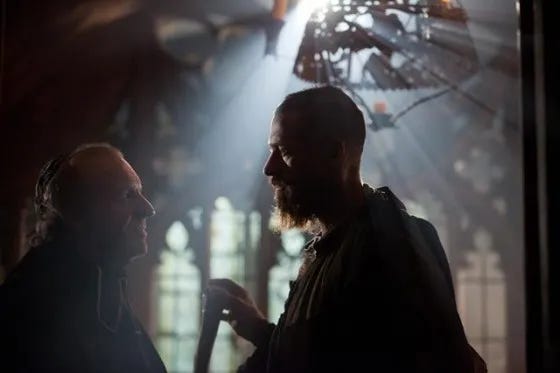
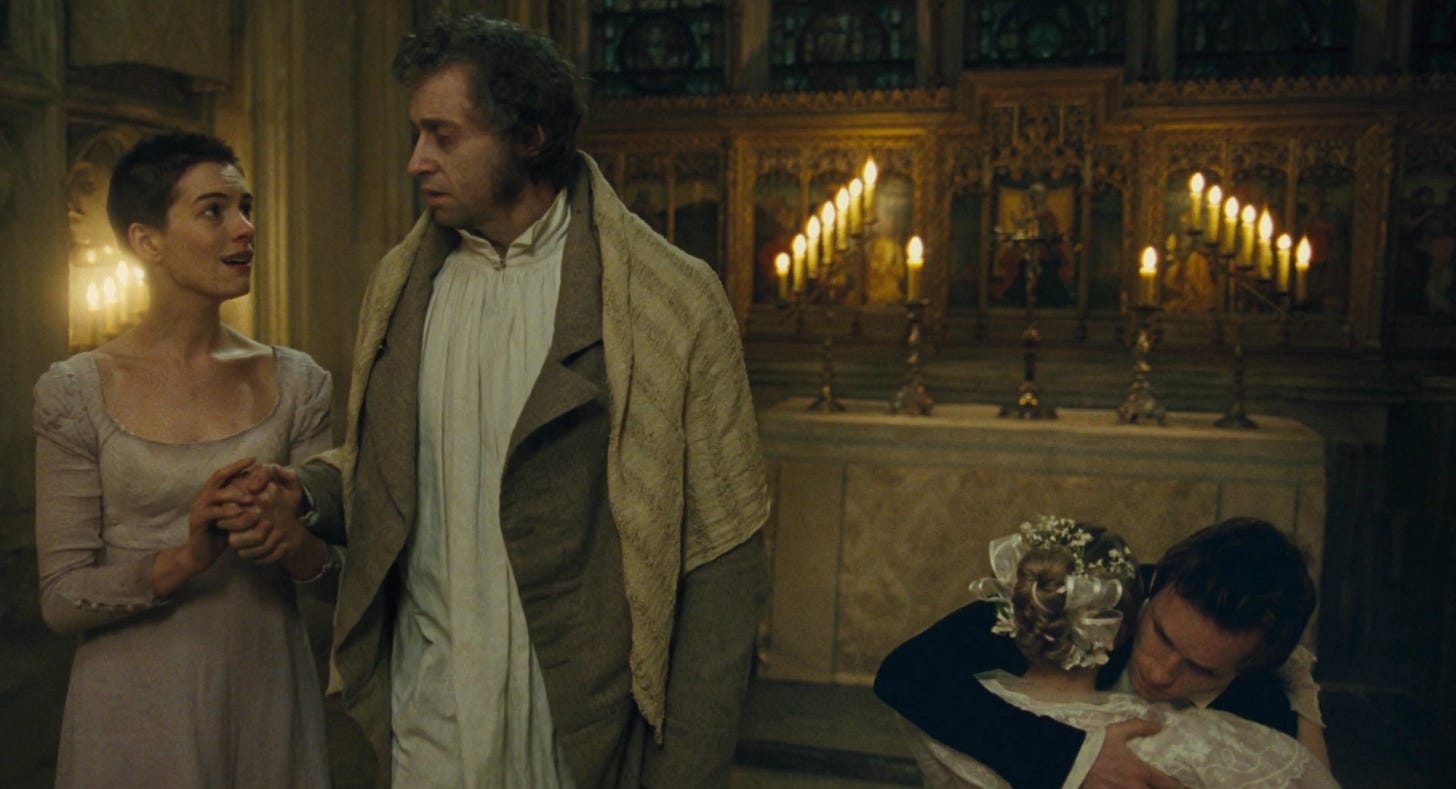
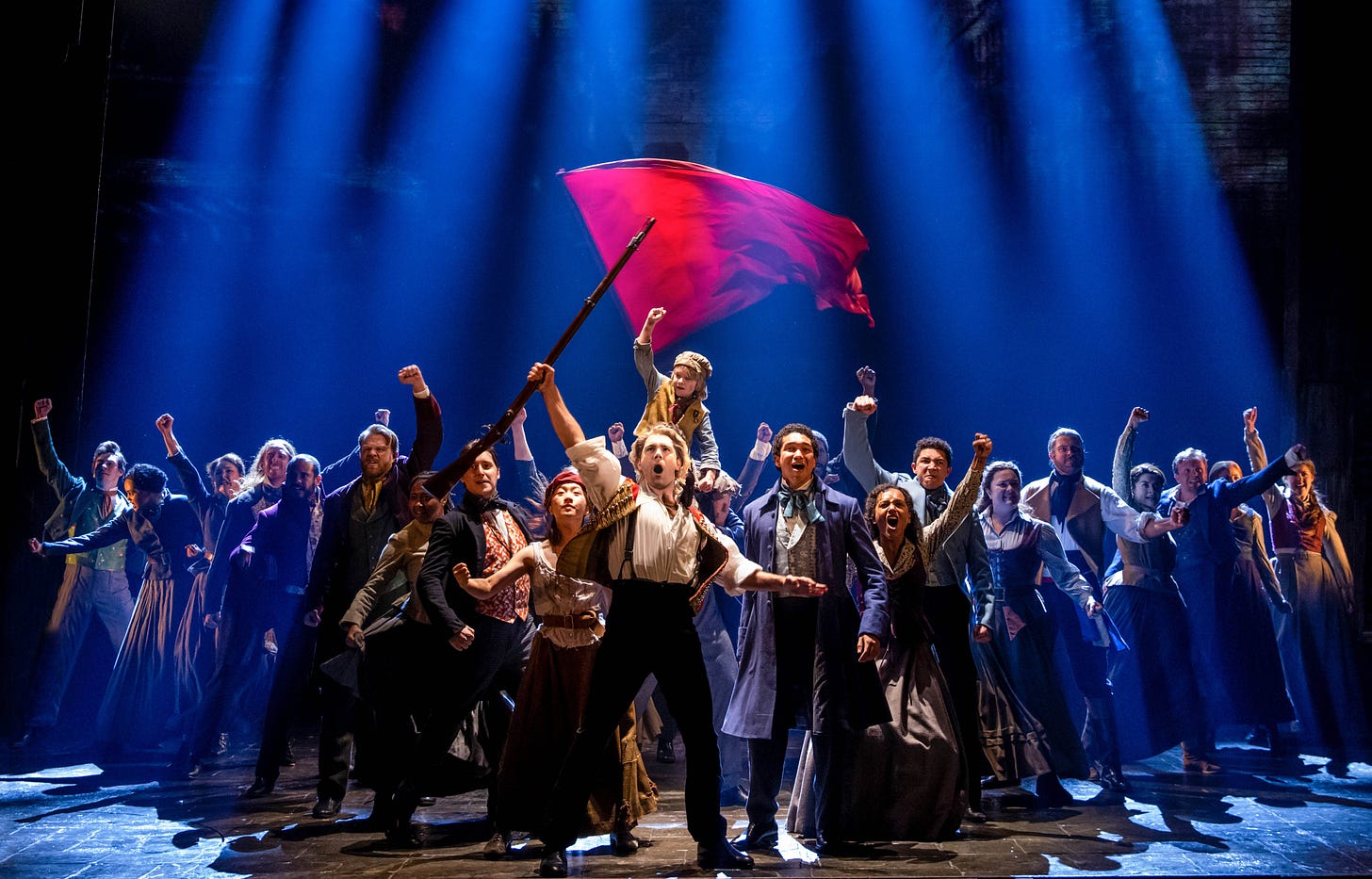
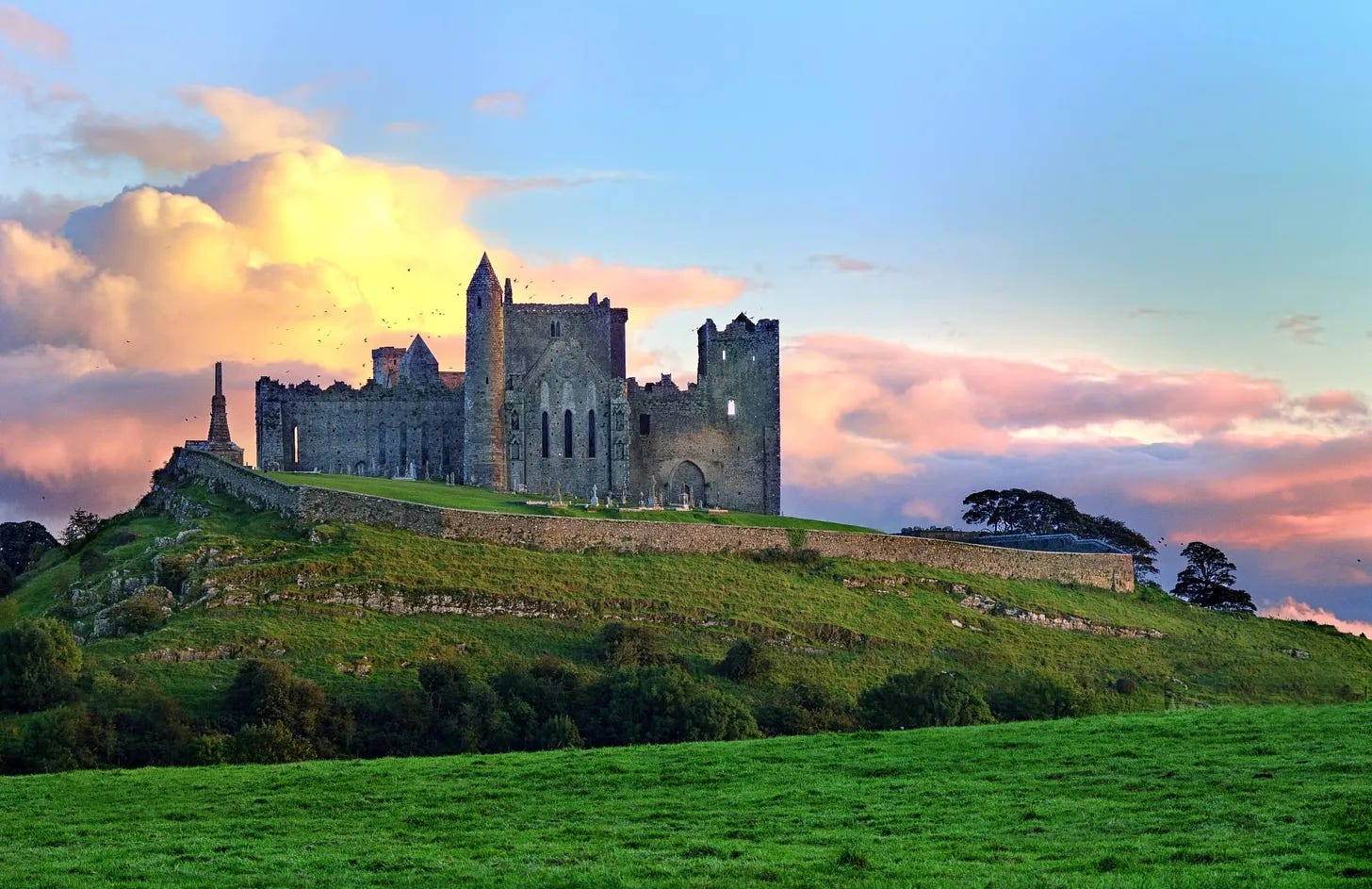






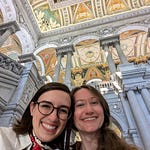

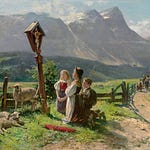

Share this post